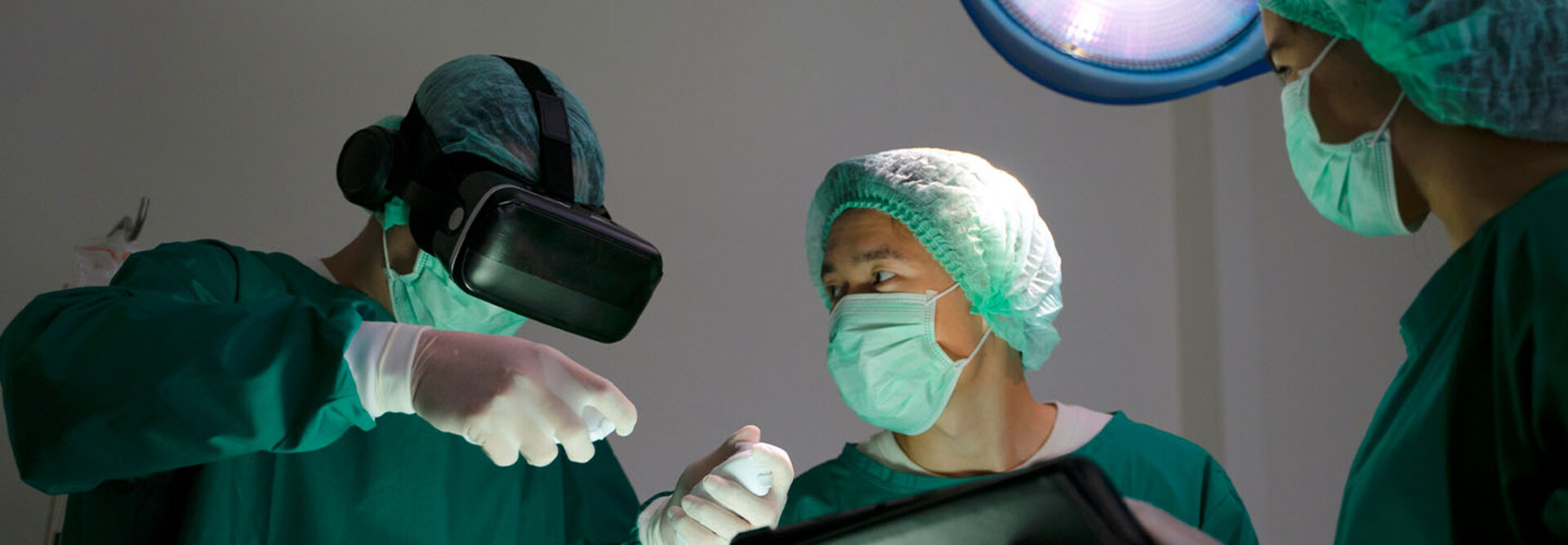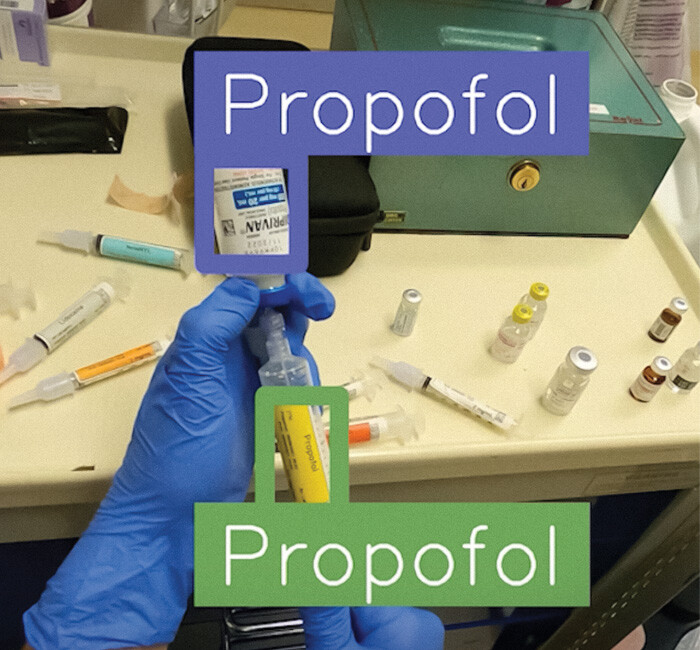From streamlining documentation to guiding surgical procedures, visual aids such as AI-enabled smart glasses could help reshape healthcare. One immediate application that could have a strong impact is preventing medication errors, long a critical challenge in high-pressure clinical environments.
Researchers at the University of Washington demonstrated how wearable cameras paired with AI can detect mistakes during drug preparation with near-perfect accuracy. In findings published in 2024, the team reported that its system correctly recognized which medications were being drawn in busy operating rooms and intensive-care units, achieving 99.6% sensitivity and 98.8% specificity at spotting vial-swap errors.
Dr. Kelly Michaelsen, co-lead author of the study and an assistant professor of anesthesiology and pain medicine at the University of Washington School of Medicine, says the idea arose from her own practice.
Clinicians are already required to wear goggles in the OR, so Michaelsen wondered if the protective gear could be augmented with a camera and AI to act as an autonomous safety net.
“There’s always some period of time during preparation when a technology could intervene, without us having to scan a barcode or take other proactive steps,” she says.
Click the banner below to read the new CDW Artificial Intelligence Research Report.
Enhanced Safety Gear for Medical Workers
To build the system, the team recorded clinicians with head-mounted GoPro cameras, creating a data set of thousands of medication preparation sequences.
Michaelsen explains the GoPro’s wide field of view and high resolution were critical. “If the camera can’t capture what your hands are doing, you won’t be able to recognize those events,” she says.
There is an opportunity for AI-powered smart glasses in healthcare across various clinical settings, says Andrew Brown, Internet of Things practice lead at analyst firm Omdia: “Combining wearable technology with AI to enhance patient care, improve surgical precision and facilitate remote consultations.”
From his perspective, the main opportunities are in AI-powered diagnostics and in training and education.
“Training was always the largest B2B use case in settings such as healthcare, as it creates virtual digital twins allowing for hands-on training faster,” he says.
Medical documentation is another longer-term opportunity for smart glasses in healthcare, Brown adds. “This would speed up the administrative process, but it’s very dependent on integration to work effectively,” he says.
University of Washington researchers tested the use of wearable cameras paired with artificial intelligence to help address certain medical errors.
The Potential for AI-Powered Smart Glasses in Healthcare
Providers could use the technology to capture images and videos that are saved directly into electronic health record systems, while voice recognition features could support dictation and transcription, helping clinicians spend less time typing and more time with patients.
Another area where smart glasses show promise is surgical assistance and navigation. Surgeons could access patient data hands-free in real time, improving the OR workflow. “Smart glasses can provide real-time guidance during procedures and even deliver augmented reality overlays that improve surgical precision,” Brown says.
Looking forward, Michaelsen envisions a future in which AI-enabled glasses could provide a range of real-time support, from reminding nurses to turn patients to prompting clinicians to collect medications while near the dispensing station.
“The information, combined with AI, can really augment healthcare workers’ environment,” Michaelsen says. “It can make their lives easier and more efficient.”
UP NEXT: How is AI supporting hospitals’ operating rooms?












